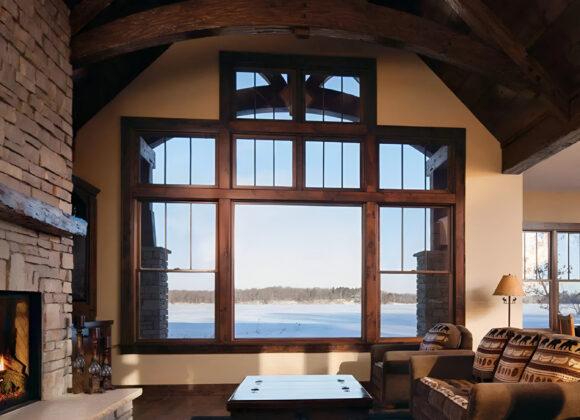Save Energy Bills with Window Replacement: Top Types to Choose From
 Replacing old, drafty windows can be one of the most effective ways to reduce your home’s energy bills. Modern window technology not only improves insulation but also enhances comfort, reduces noise, and improves curb appeal. Homecraft Windows provides window replacement in Raleigh, Cary, Durham, Garner, Chapel Hill, Clayton, and surrounding areas.
Replacing old, drafty windows can be one of the most effective ways to reduce your home’s energy bills. Modern window technology not only improves insulation but also enhances comfort, reduces noise, and improves curb appeal. Homecraft Windows provides window replacement in Raleigh, Cary, Durham, Garner, Chapel Hill, Clayton, and surrounding areas.
These are the top types to consider if you want maximum efficiency for your investment.
- Double-Glazed Windows
A popular and cost-effective choice, double-glazed windows feature two panes of glass separated by an insulating gas layer. This design reduces heat transfer, keeping your home warmer in winter and cooler in summer.
- Triple-Glazed Windows
For colder climates or homes with high energy demands, triple-glazing adds an extra pane and a gas layer for superior insulation. Though more expensive upfront, it can significantly lower heating costs over time.
- Low-E Glass Windows
Low-emissivity (Low-E) coatings reflect infrared heat while letting in natural light. This means your home stays cooler in summer and warmer in winter, without blocking your view.
- Vinyl Frame Windows
Vinyl frames are low-maintenance, moisture-resistant, and excellent at insulating. They are often more affordable than wood while still providing good energy performance.
- Fiberglass Frame Windows
Fiberglass is durable, strong, and resists warping. It expands and contracts minimally with temperature changes, ensuring a tight seal that prevents energy loss.
- Composite Frame Windows
Made from a mix of materials like wood fibers and polymers, composite frames offer the look of wood with improved insulation and lower maintenance needs.
Energy-Saving Tips When Replacing Windows
- Choose ENERGY STAR®-rated products for certified efficiency
- Ensure professional installation to prevent gaps and leaks.
- Consider window treatments, like insulating curtains, for added savings.
Bottom Line
While window replacement involves an upfront cost, the long-term savings on energy bills—and the comfort benefits—make it a worthwhile upgrade. Selecting the right type for your climate and budget ensures you get the best return on your investment. Interested in discussing this further? Contact us anytime!